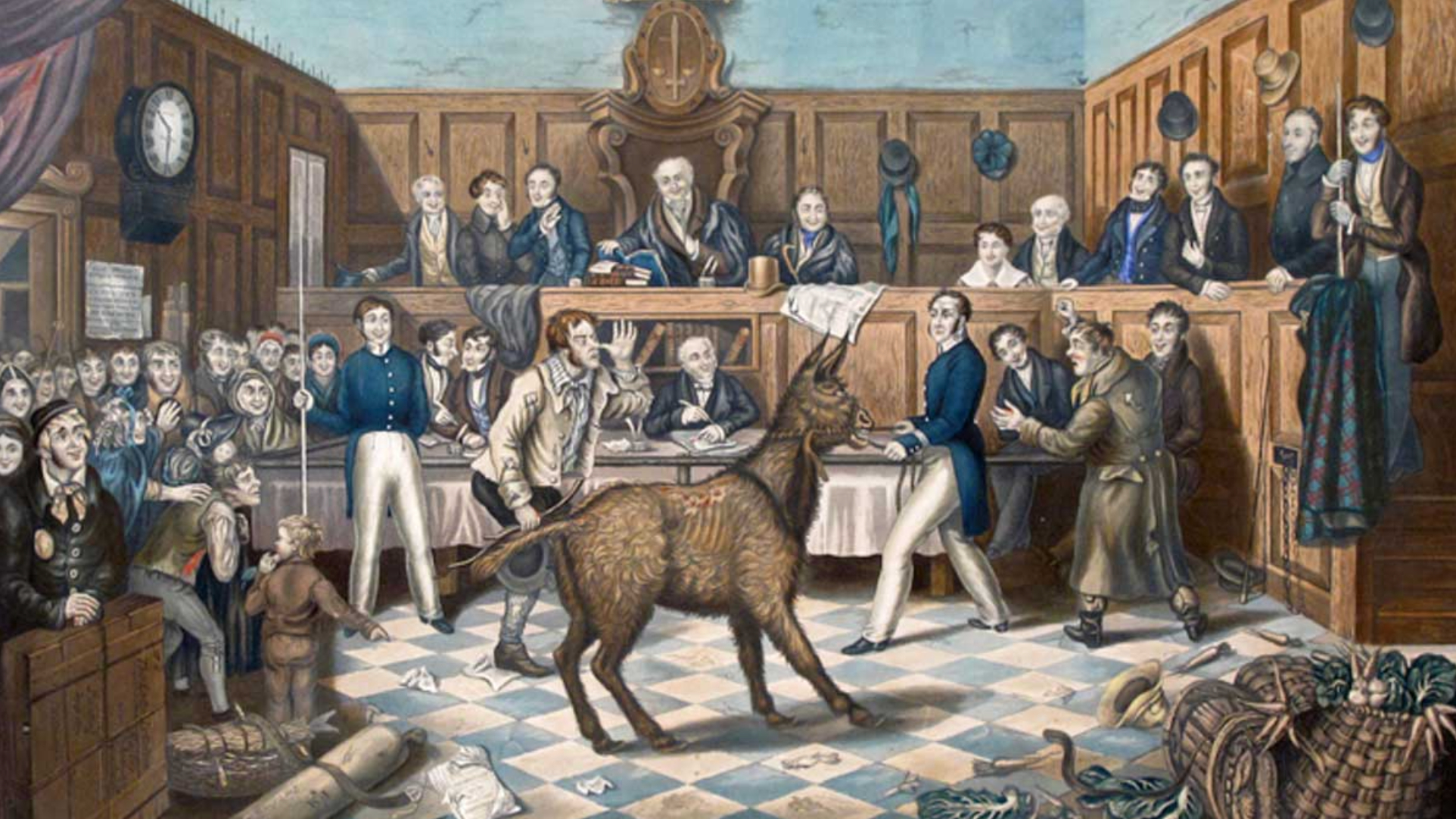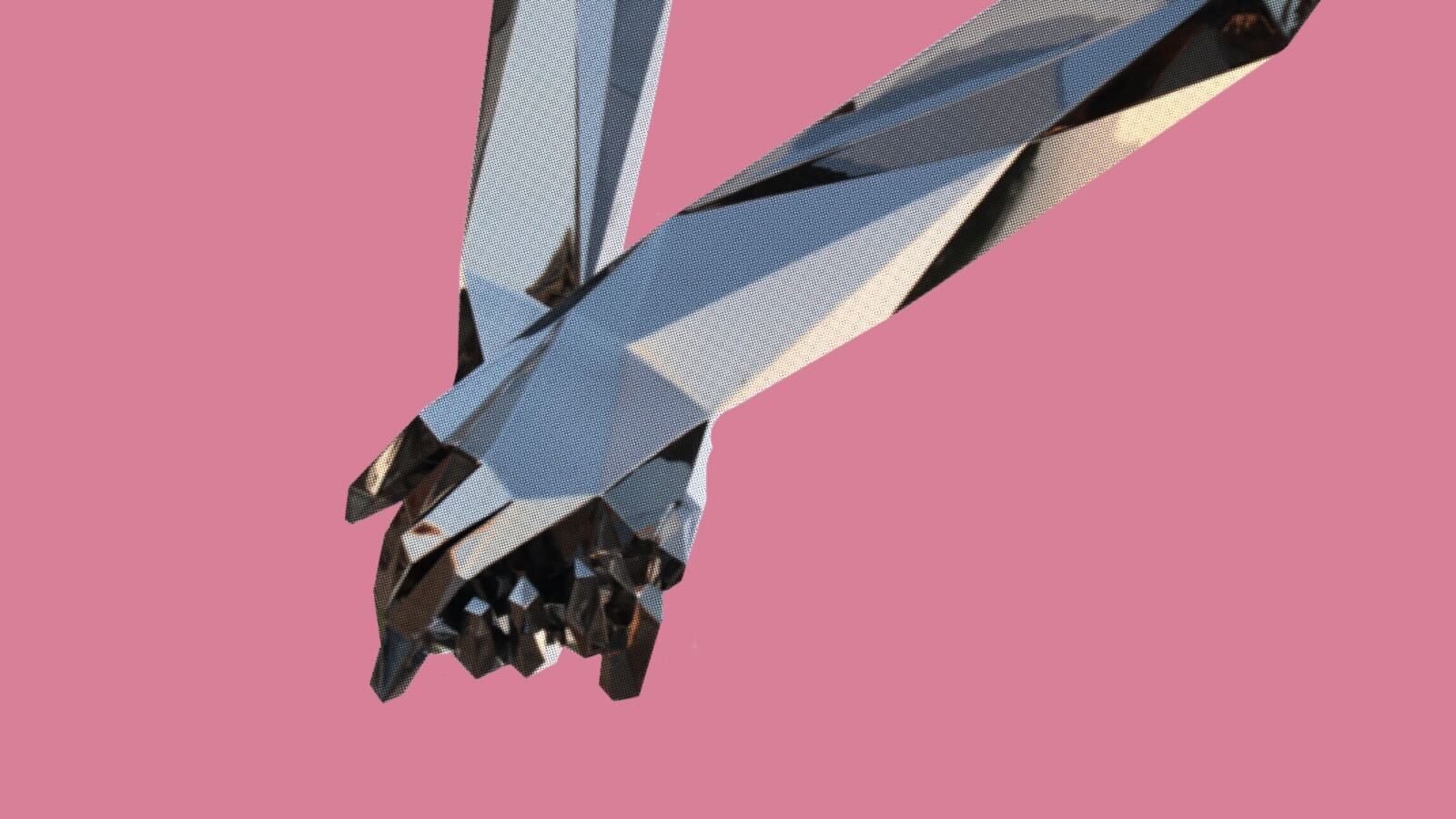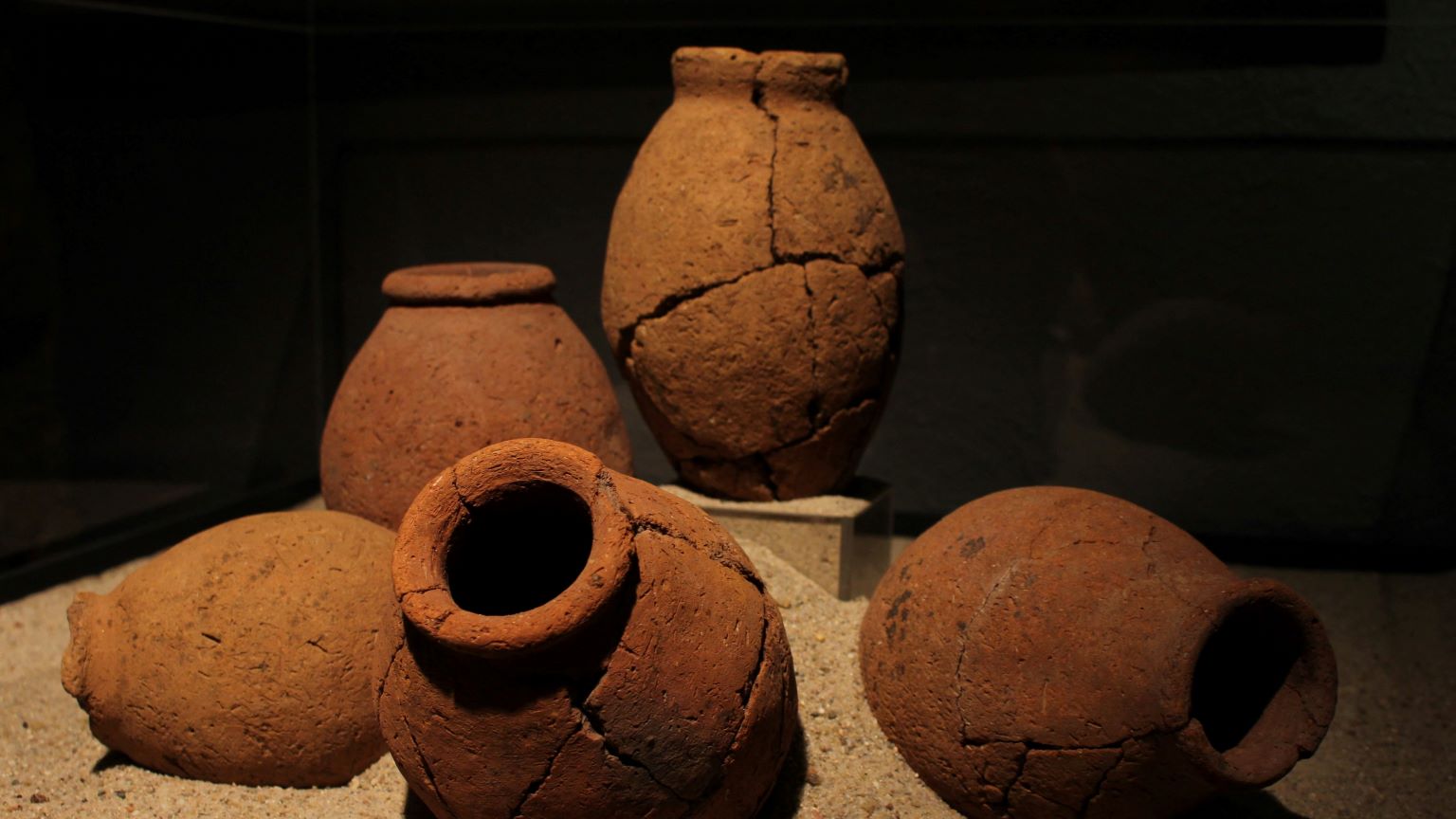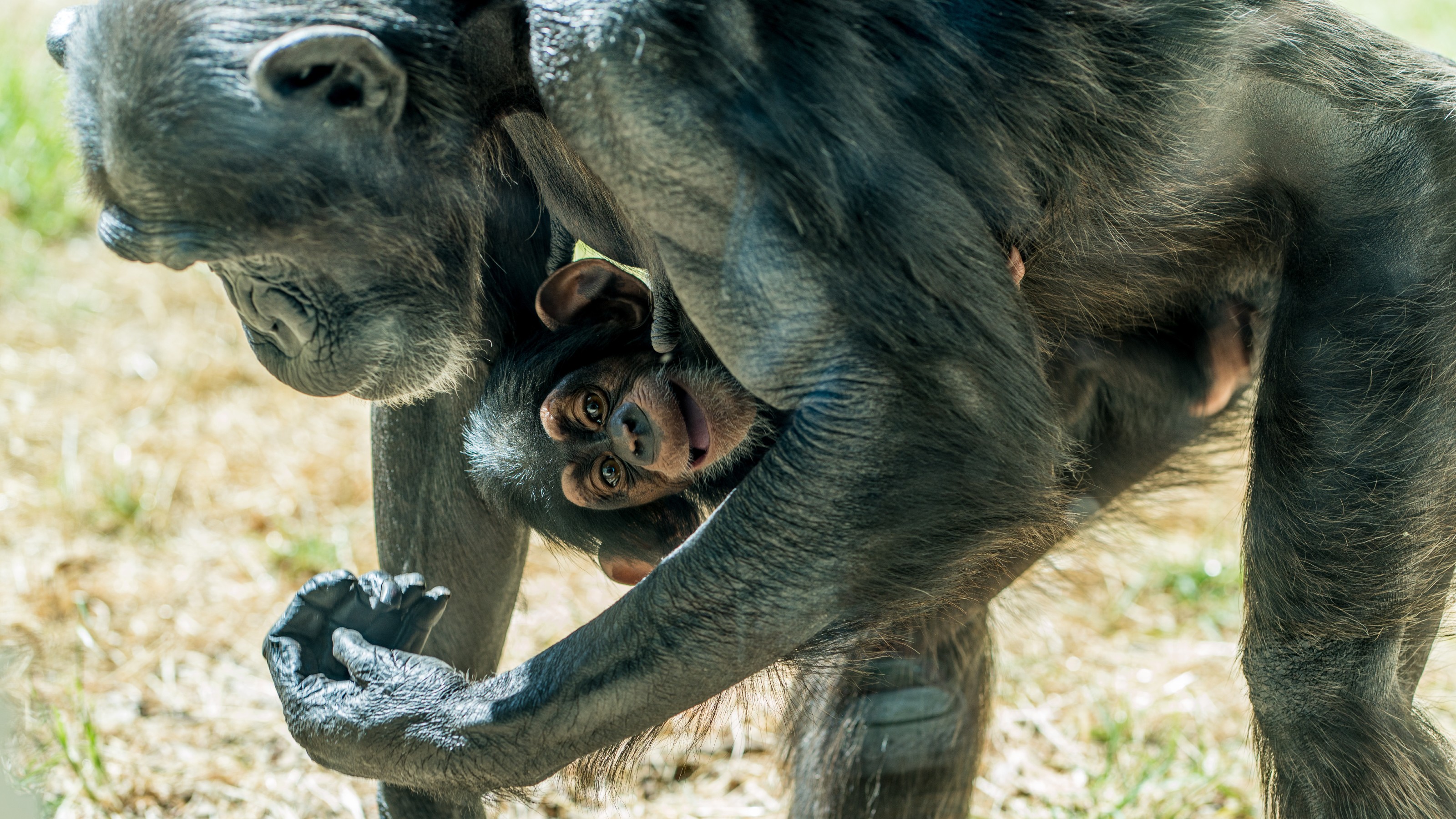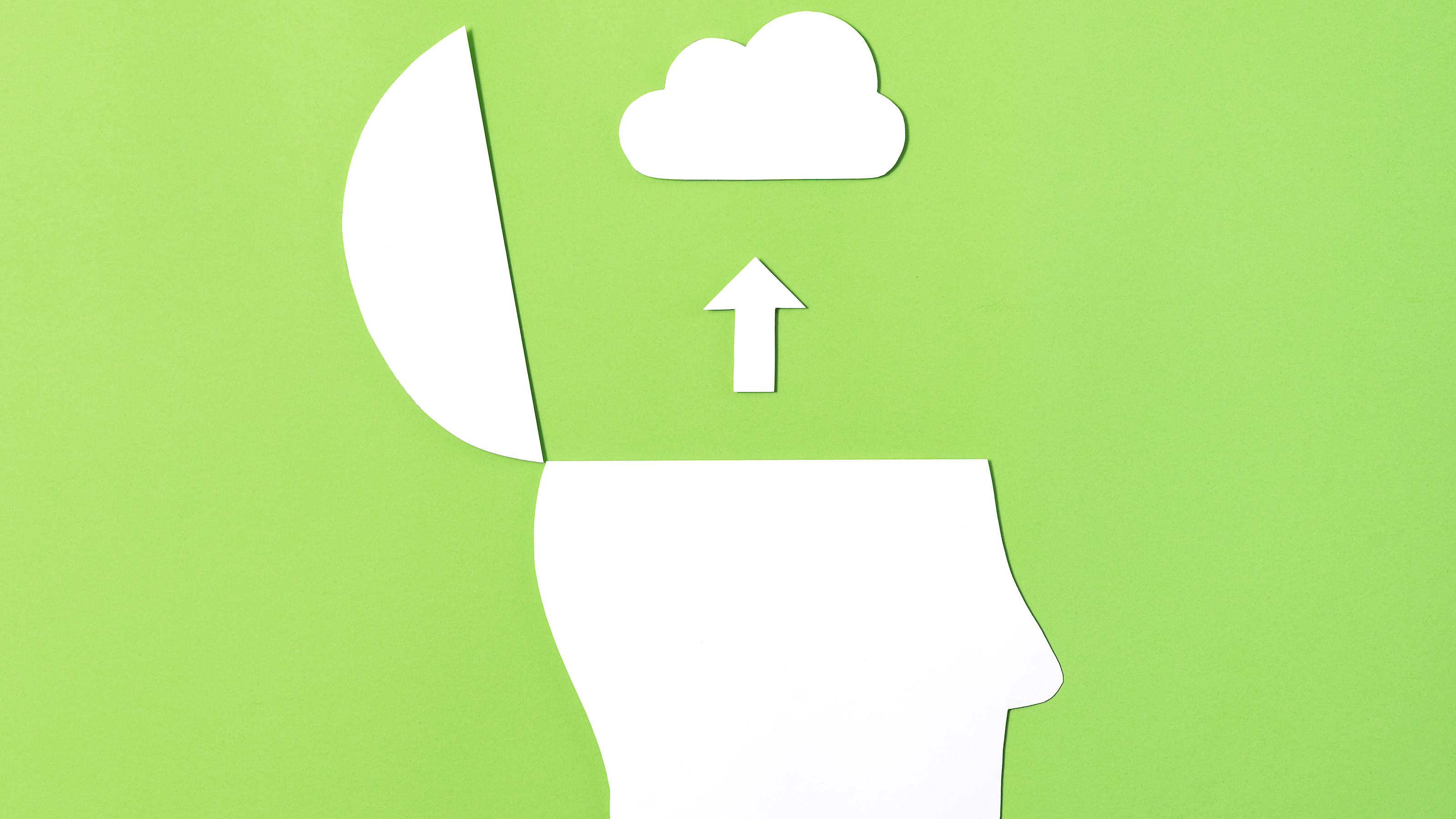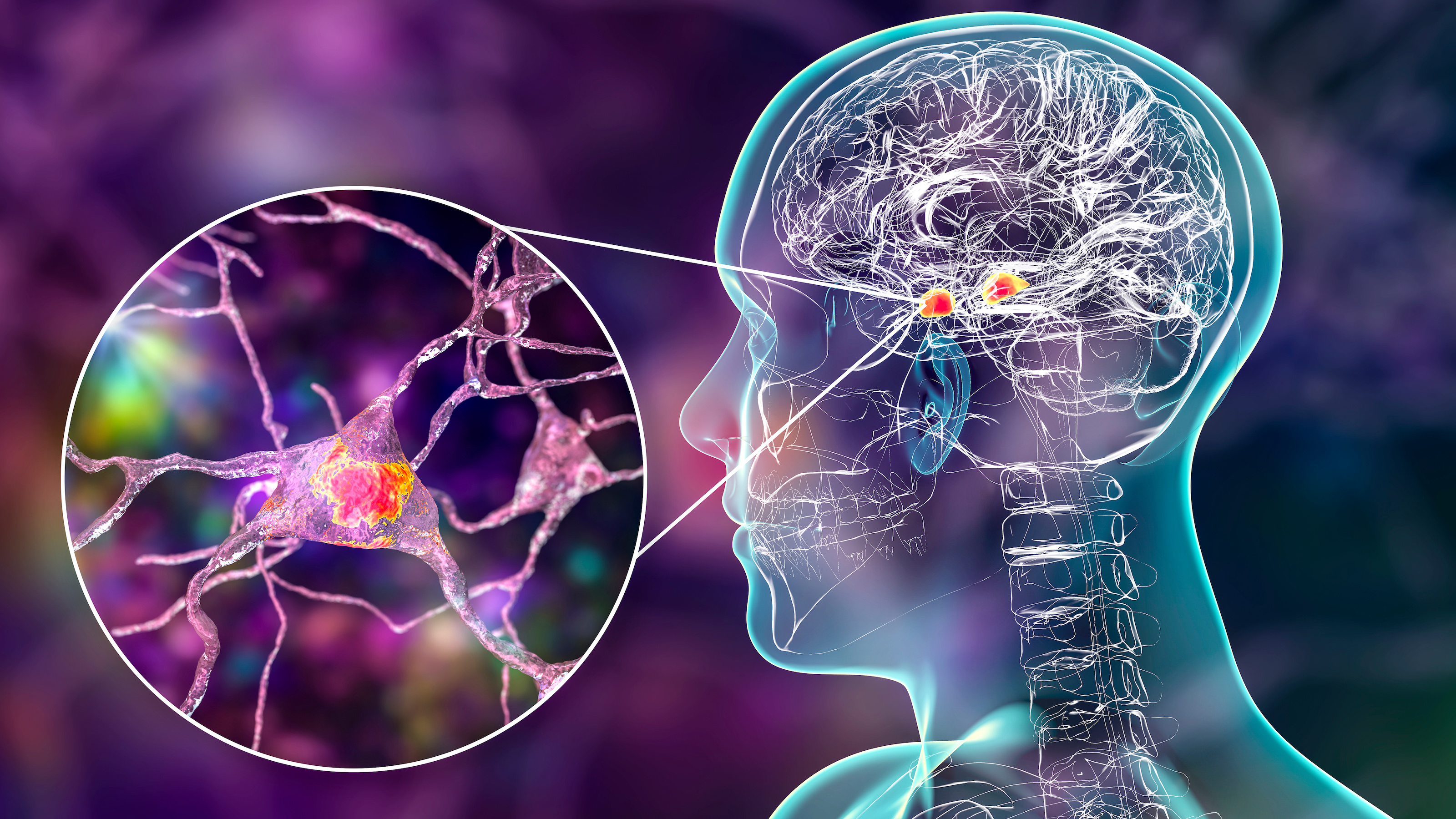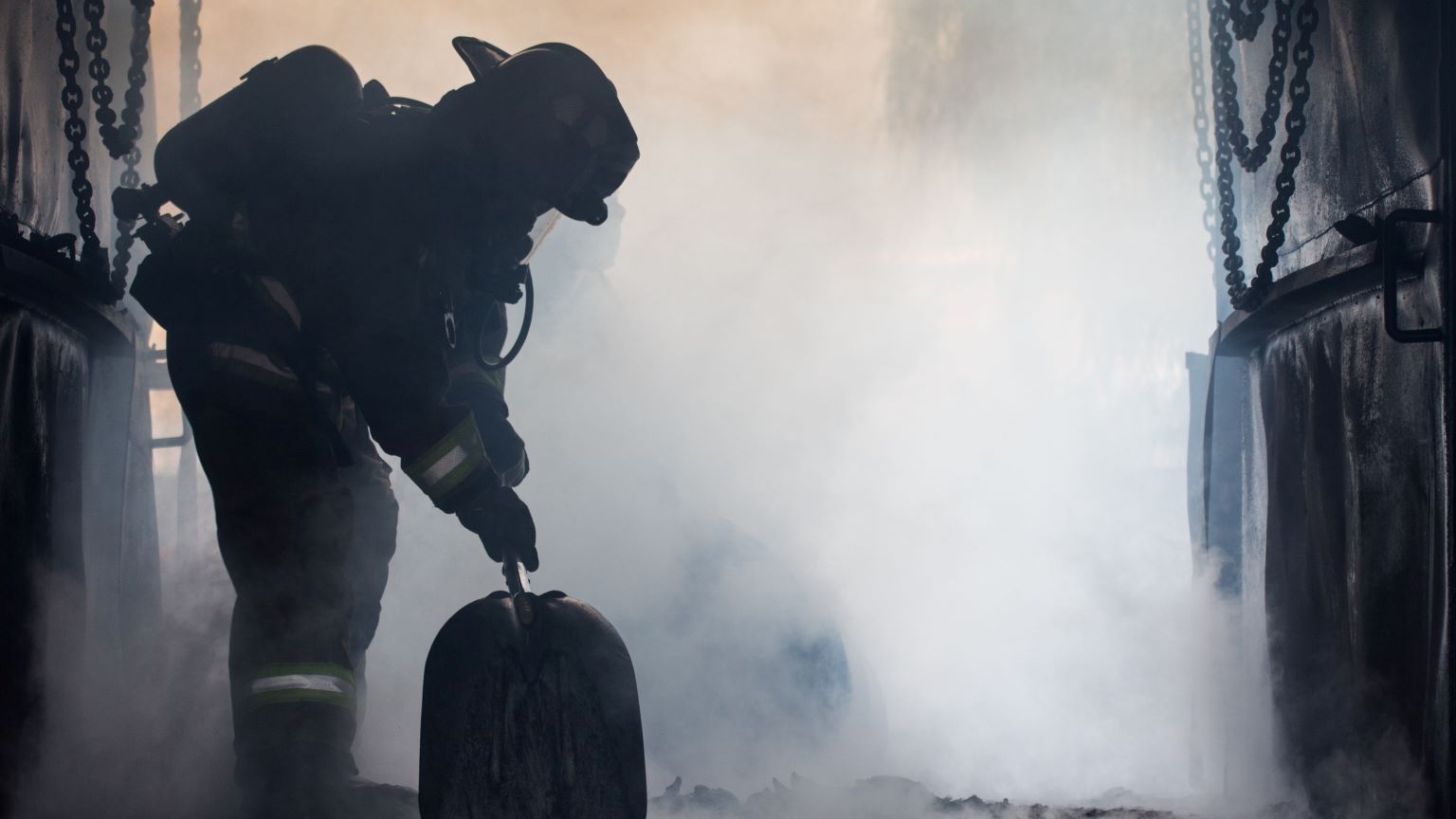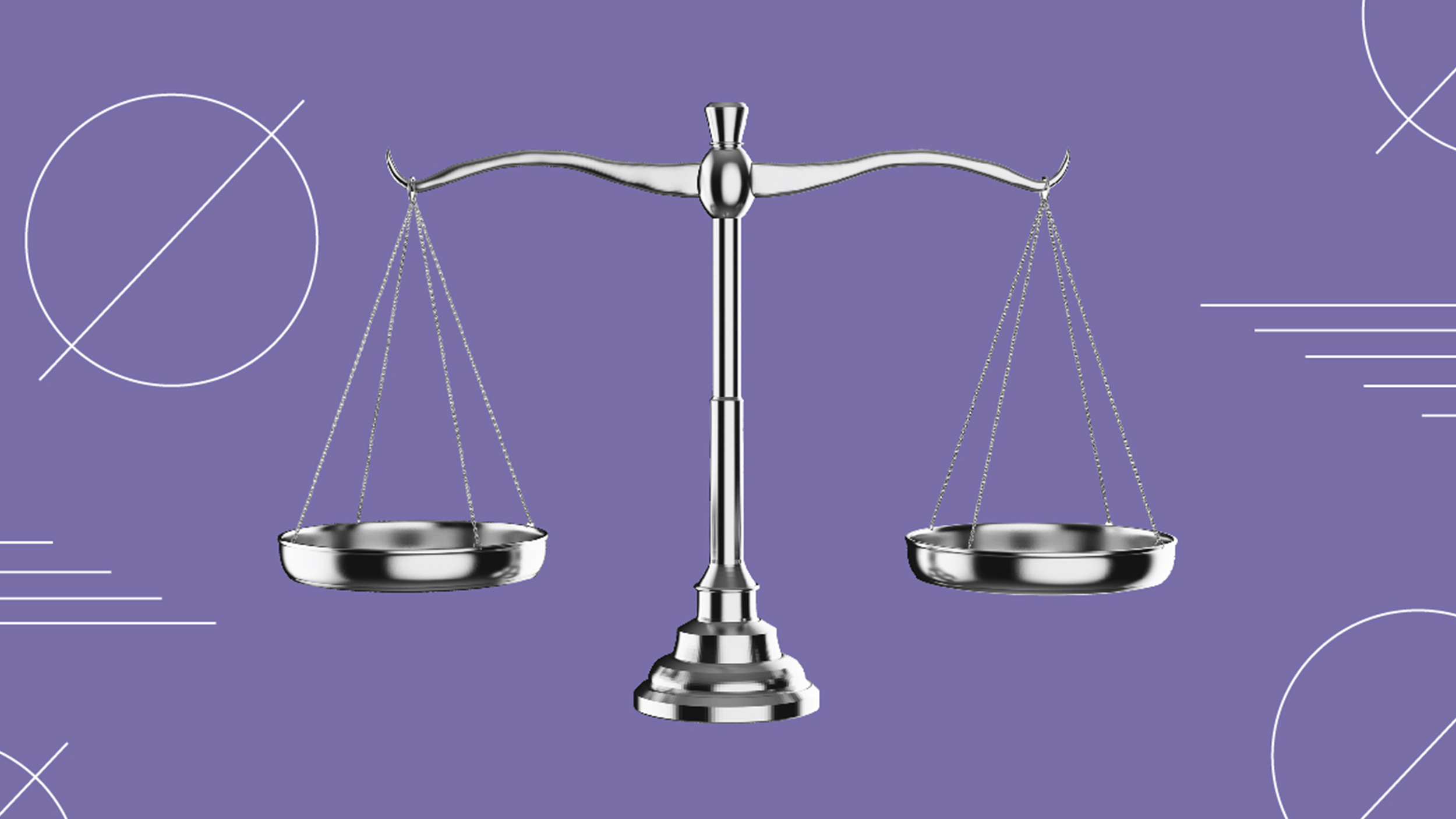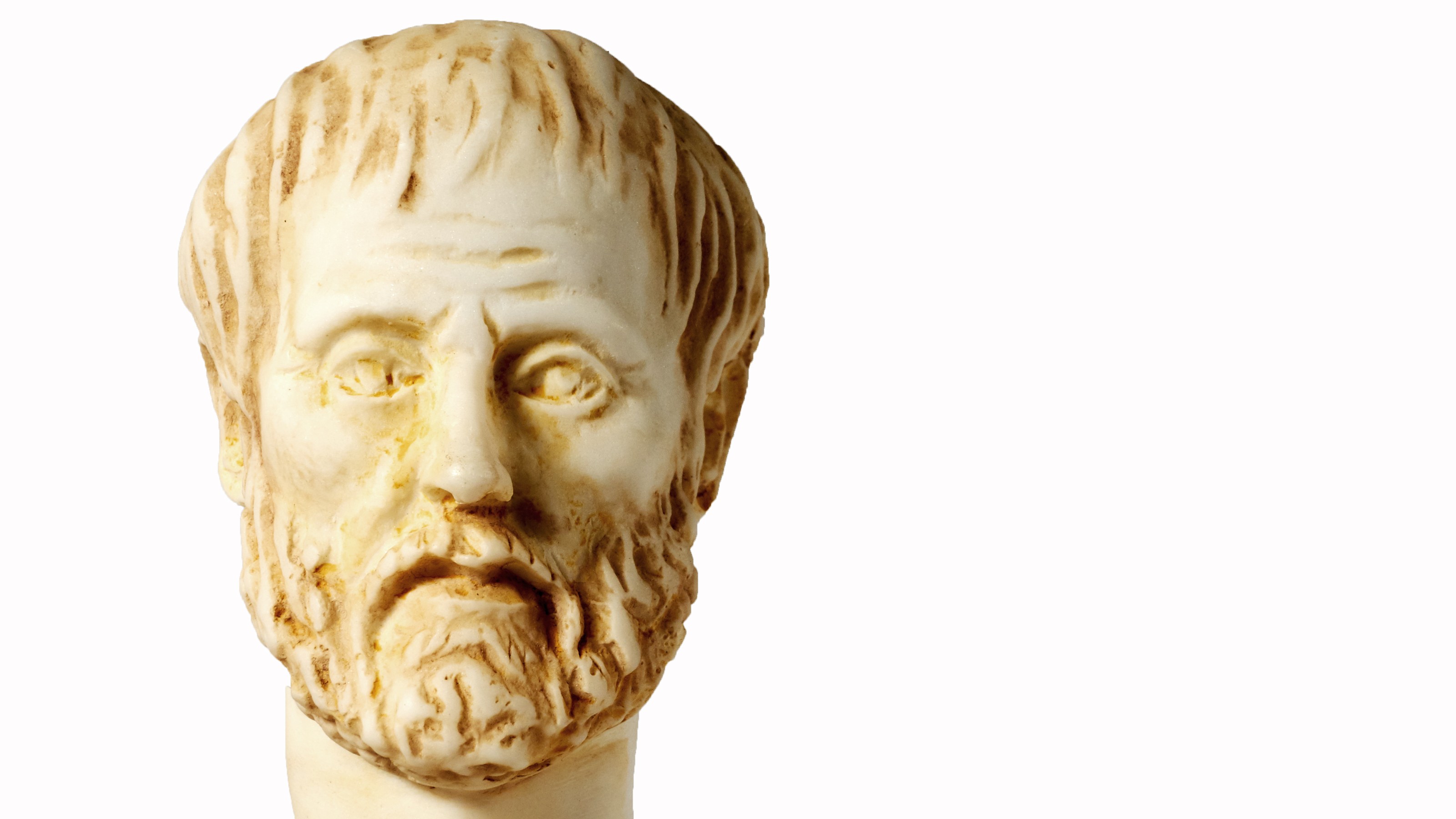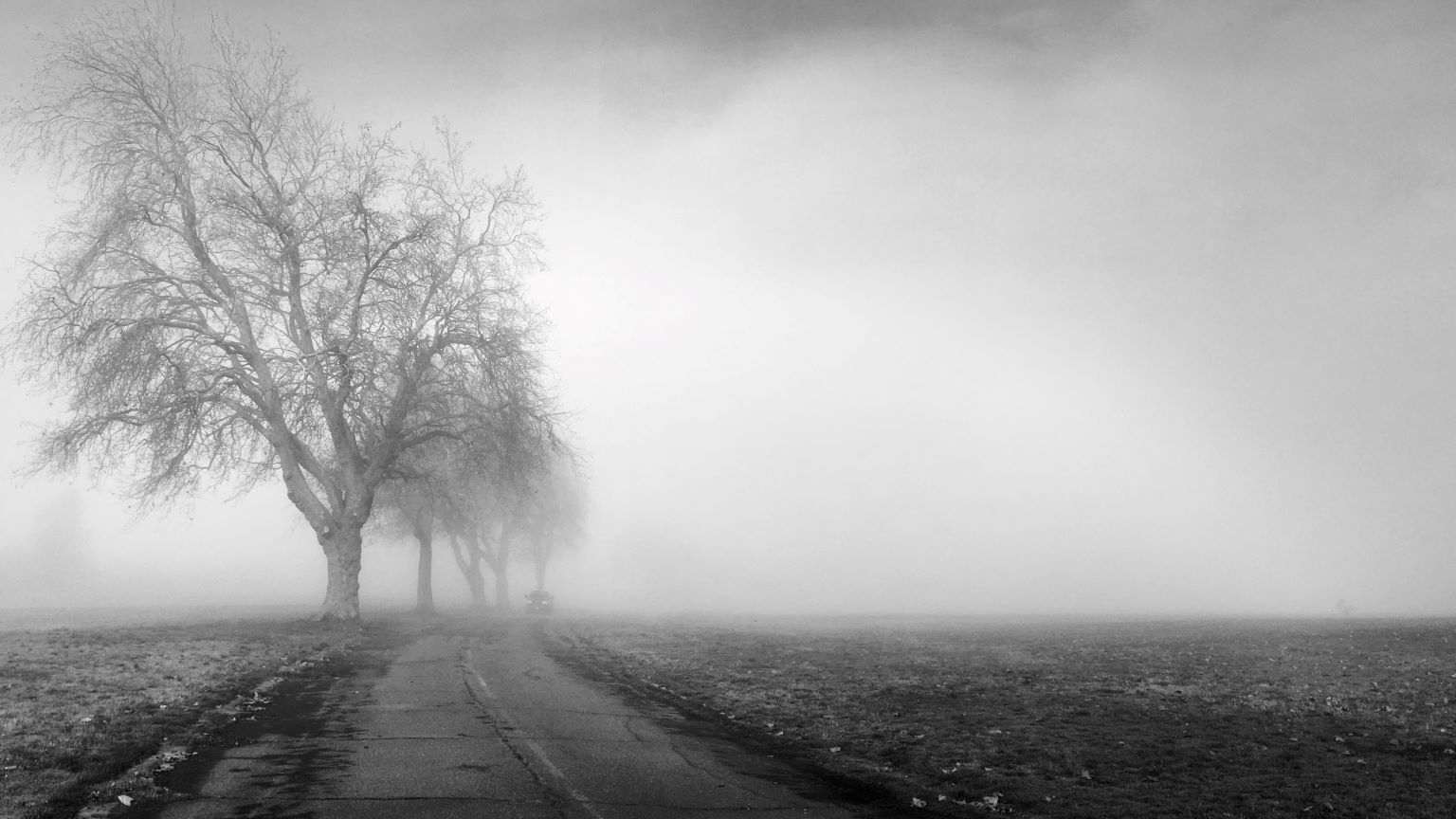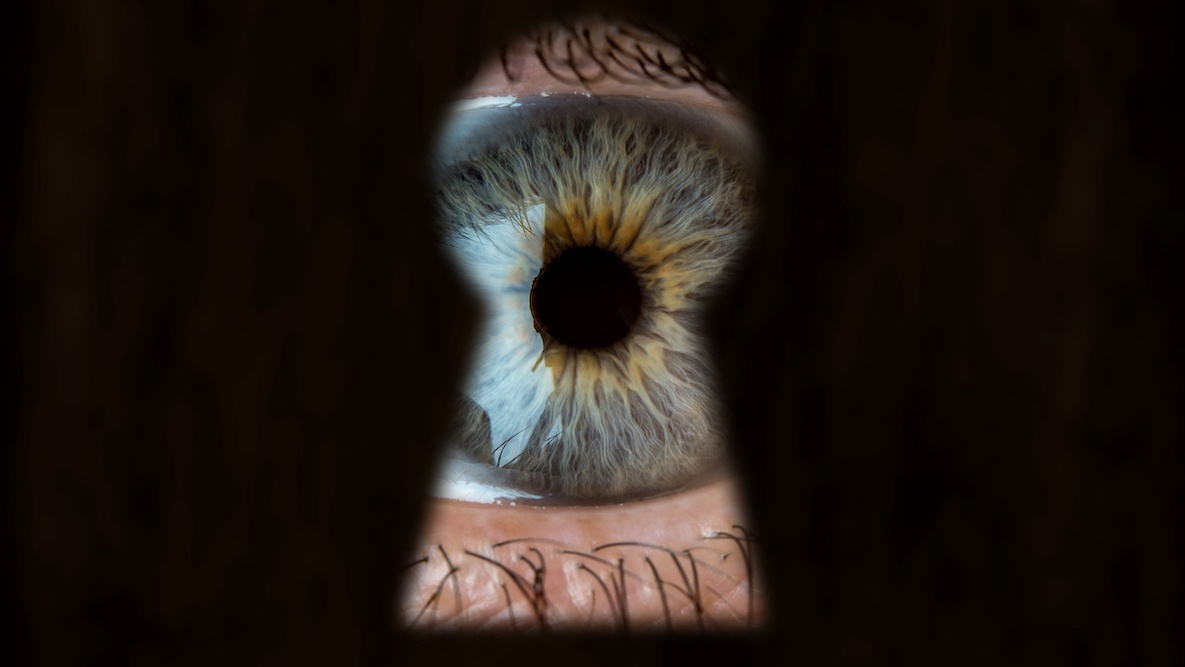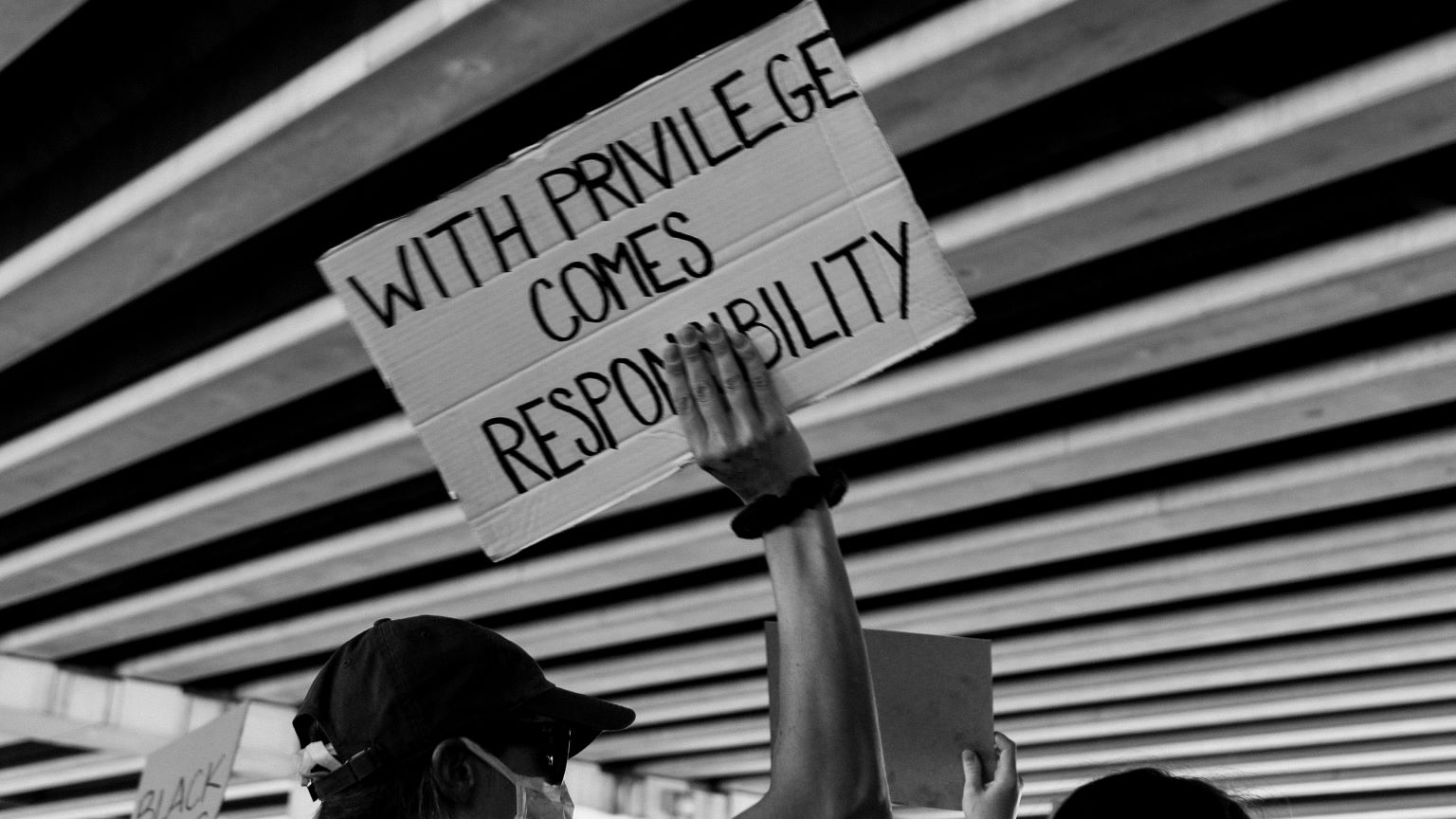Ethics
Turning away is a natural response.
Why, exactly, don’t you trust that person’s opinion?
Some animals were even assigned their own lawyers.
The Arabic word fatwa can mean “explanation” or “clarification.”
Be famous within five miles.
We’re still using 800,000 gallons of embalming fluid a year, but burials are becoming far less common.
Why, exactly, should you die for your child?
Uploading your mind is not a pathway to immortality. Instead, it will create a possibly hostile digital doppelgänger.
People tend to underestimate how much a friend they’ve lost contact with would enjoy a simple note saying “hi.”
Patients with amygdala damage rejected the widely accepted answer to the infamous “trolley problem,” saying that it “hurts too much.”
Ideas often taken for granted in the United States and Europe about what it means to be a person are, quite simply, not shared with other cultures.
Is there such a thing as a heroic personality type?
It’s not a huge leap to imagine we could target the biological processes that mediate our behaviours.
More than 20% Americans live in a state with access to a medically assisted death.
In the philosophy of Star Wars, the Sith are evil because they surrender to passion. But is a life of total rationality a “good” life?
Gradualism rejects the idea of a “bright line” in the abortion debate.
We often laugh at inappropriate things, but not when we are emotionally invested. Laughter cannot be serious. So, can we ever laugh at death?
Science and the sacred both allow us to retain our sense of wonder, even as disaster seems to swirl around us.
It is little more than a fancy excuse for escapist fantasizing.
82% of professionals say they’d take a lower-paying job to work for an organization with more ethical business practices. This is just one of the reasons to offer ethics training for employees.
People often ask “What should I do?” when faced with an ethical problem. Aristotle urges us to ask “What kind of person should I be?”
A philosopher unpacks the paradox in using the word “evil.”
In terms of sheer productivity, “-gate” has no peer. Wikipedia’s list of -gates has over 260 entries.
In “The Secret Life of Secrets”, Michael Slepian explores how holding secrets affects our relationships, psychology, and well-being.
Prison is an unreliable method of punishment. Let’s do better.
Polarization or misunderstanding?
Sometimes breaking a rule is the ethical thing to do.


